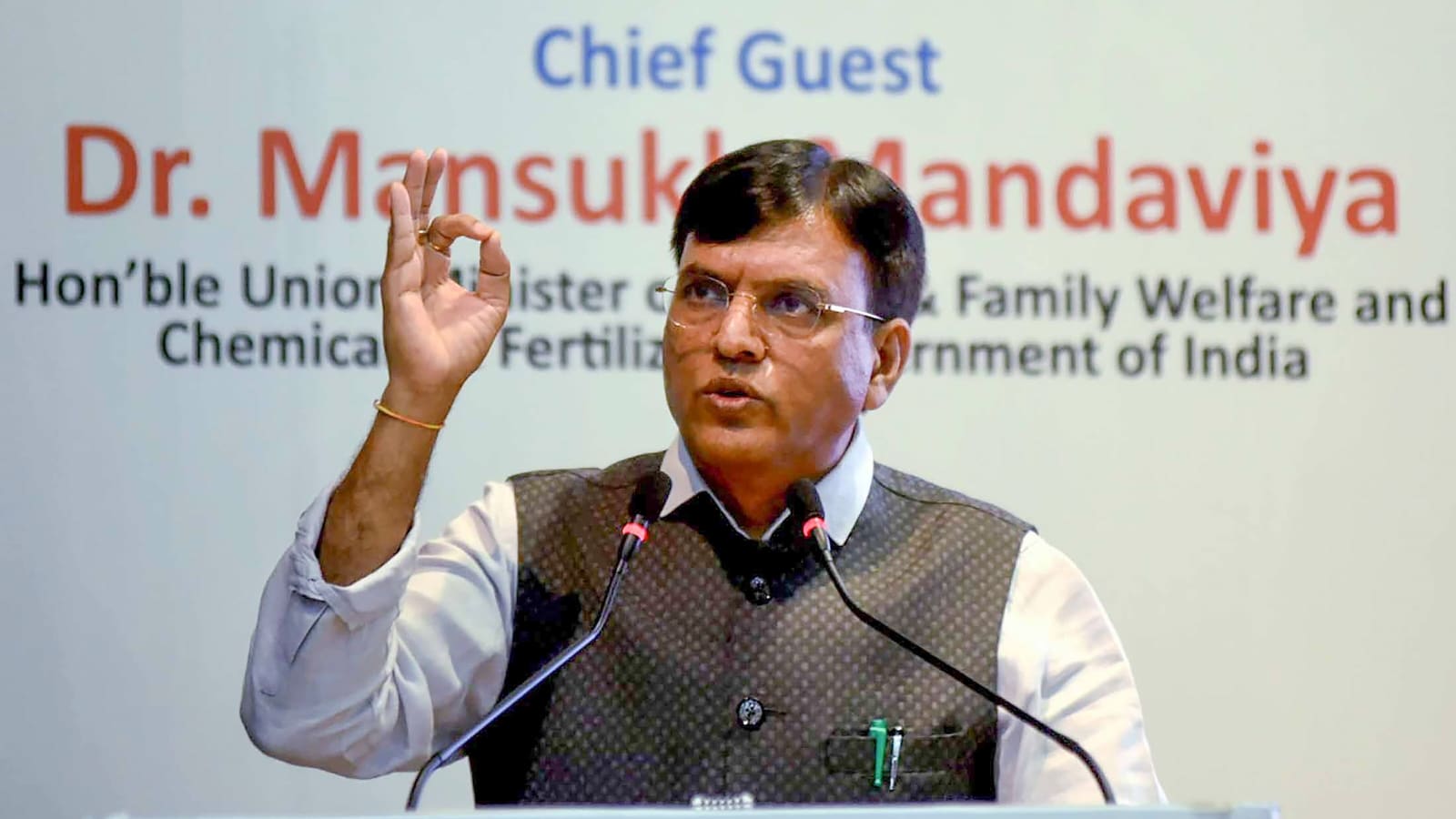Centre rejects claims of inaccuracies in National Health Accounts, calls it ‘misleading and incorrect’
8 October, 2022 | Source: ANI

The Central Government called news reports suggesting flaws in National Health Accounts (NHA) and a reduction in out-of-pocket expenditure “misleading and wrong” on Friday. According to...
The Central Government called news reports suggesting flaws in National Health Accounts (NHA) and a reduction in out-of-pocket expenditure “misleading and wrong” on Friday.
According to the Ministry of Health and Family Welfare, “The news report suggesting inaccuracies in National Health Accounts (NHA) especially out-of-pocket expenditure reduction claim is misleading and incorrect. National Health Accounts (NHA) provide detailed information on expenditures incurred within the health sector of the country. These estimates are crucial as they are not only a reflection of the existing health system of the country but also enable the government to monitor the progress made in different health financing indicators.”
“The recent NHA estimates (2018-19) show a substantial reduction in out-of-pocket expenditure (OOPE), reaffirming the government’s commitment towards easing the citizens’ financial burden. Calling this data, a “mirage” by one expert of health economics working in a private Indian University and quoted in certain sections of media, is devoid of justification and rational basis,” it said further.
It further said that the main source of information for OOPE was based on NSO data of 2017-18 whereas the previous estimates were based on 2014.
“Both the surveys of the 71st and 75th rounds use the same sampling design for the selection of households so that it ensures comparability of both the rounds,” the government said.
Moreover, the 2017-18 data was a one-year survey whereas 2014 was done over a period of six months.
“Given that seasonality plays an important role, the 2017-18 survey was definitely more robust than the previous survey. And, while the same experts had unequivocally accepted the 2014 data, their assessment of 2017-18 as “doubtful” is truly arbitrary,” it said.
The government said that criticism is based on flawed juxtaposition and selective picking of data to further their specious argument. Formulations like, “seems problematic/seems unlikely” as the basis of a claim, is nothing if not hypothetical disagreement.
The increase in the utilisation of government health facilities has been another important aspect of NSO 2017-18. A study by Muraleedharan et al. (2020) published in the reputed Economic and Political Weekly on these NSS rounds also observes a decline in OOPE in 2017-18.
The Ministry said, “They observe this decline is driven by an increase in the use of public facilities for outpatient and inpatient services between the two NSS rounds. They also find that not only has the utilisation of public facilities increased but there has also been a decline in average OOPE in public facilities. The available evidence of NSS also shows increasing trend in utilisation of government health facilities.”
Also Read: New symptom-based screening technique for detecting asthma risk in children developed










